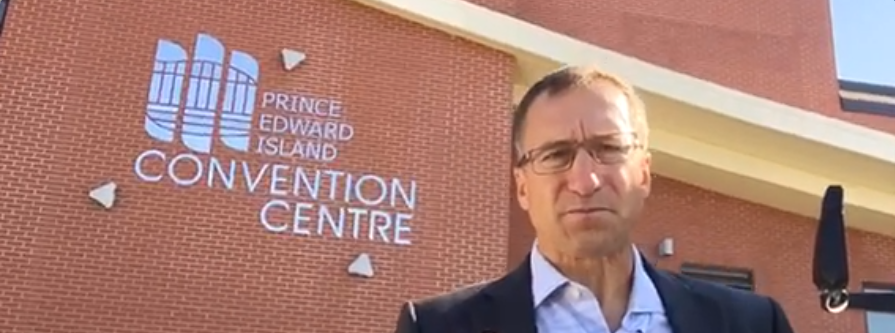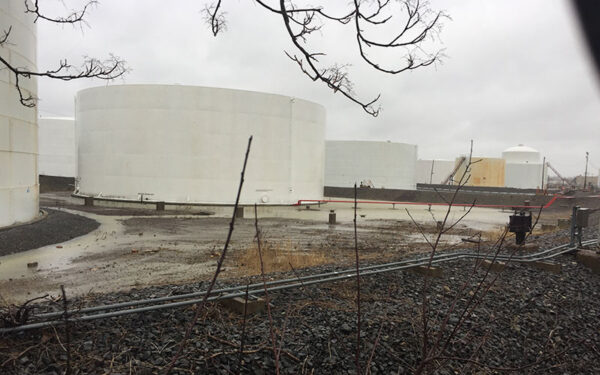
CLFs Vice President for Climate Change and Clean Energy at the New England’s governors and Eastern Canada’s premiers conference.
Early this week, New England’s governors and Eastern Canada’s premiers met on Prince Edward Island in an effort to collaboratively address the most important issues facing our region. As I mentioned in my last post, this meeting presented a particularly good opportunity for our regional leaders to commit to the next significant steps in our fight against climate change. For the New England governors who committed to fill the Paris Climate Accord breach left by Trump’s withdrawal, this was a chance to turn their bold words into real action on an international stage.
Sadly, the meeting’s great potential for climate advancement was not realized. Poor attendance by governors and an understated rollout of a much anticipated update to the regional climate action plan agreed upon in 2001 left observers questioning the extent to which real regional coordination on climate exists.
What We Learned at the Conference
Many conference delegates arrived with expectations of meaningful action on climate change, and rightfully so. Since its inception in 1973, this summit has produced results. These include passing a landmark Climate Change Action Plan in 2001, setting goals in 2007 for long term greenhouse gas reductions, and in 2015 establishing interim 2030 reduction goals.
These actions represented some of the first international climate-related agreements ever adopted. They also served as examples for the rest of the world as to what good can be accomplished when governments come together and collaborate with intent.
With this history, and given that this year’s conference was the first since President Trump announced he was pulling the United States out of the historic Paris Climate Accord (adopted by virtually every nation on the planet), it was essential that the New England states make a meaningful showing. Unfortunately, half of the region’s governors did not even attend this week’s conference, including two of the four who had committed their states to upholding the Paris Accord.
The message sent by the absence of those leaders was echoed in the relative hollowness of the revised climate plan. Two years ago, the states and provinces set out to update the 2001 plan. They wanted to turn what we learned in the past 16 years into a plan of action aimed at achieving 2030 greenhouse gas reduction goals.
The result is underwhelming, as the planned “update” is little more than a presentation of regional achievements to date and a short list of “options” for action very similar to the 2001 version. Equally concerning, presentation of the revised plan was not on the meeting agenda, and was undertaken with virtually no introduction — inspiring no questions or discussion from the assembled dignitaries.
Conclusions From the Conference
By the end of the conference, some modest climate progress had been achieved. Namely, a resolution was adopted advancing electric cars and trucks. Through this resolution, states and provinces committed to supporting efforts to add more charging stations throughout New England and Canada. This pledge was aimed at achieving the groups’ 2013 goal of increasing the number of clean cars and trucks on the road by 2020.
If our New England governors are to hold up their commitments to the Paris Accord, they will need to do better job of both representing and protecting the interests of our families and businesses. Their showing this past weekend wasn’t promising, but through CLF’s New England for Paris Campaign, we will hold our governors accountable and demand real action on climate.



